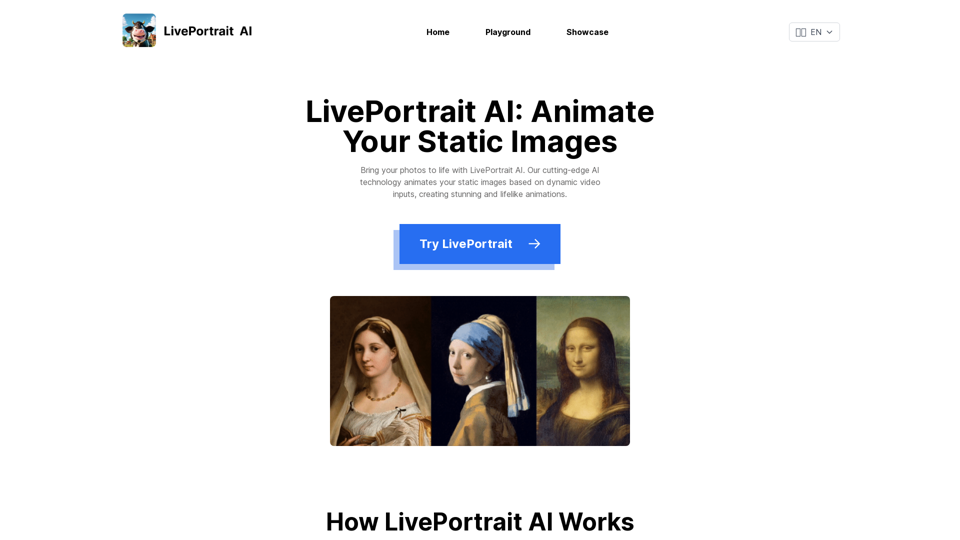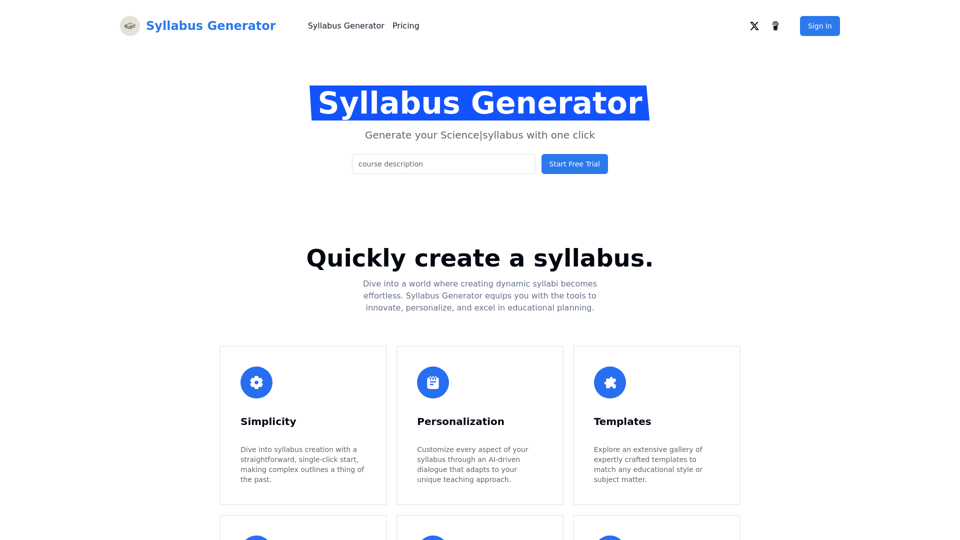인공지능(AI)이란 무엇인가?
인공지능(AI)은 인간의 지능이 요구되는 작업을 수행할 수 있는 시스템을 만드는 것을 목표로 하는 컴퓨터 과학의 한 분야입니다. 이러한 작업에는 자연어 처리, 패턴 인식, 의사 결정 및 경험을 통한 학습이 포함됩니다. AI는 각기 다른 목표와 응용 분야를 가진 여러 하위 분야를 포함합니다.
인공지능의 유형
AI는 능력과 기능에 따라 분류할 수 있습니다:
능력에 따른 분류
- 좁은 AI(약한 AI): 음성 인식이나 이미지 분류와 같은 특정 작업을 위해 설계되었습니다. 예로는 애플의 시리와 IBM의 왓슨이 있습니다.
- 일반 AI(강한 AI): 인간이 할 수 있는 모든 지적 작업을 수행할 수 있는 이론적 개념입니다.
- 슈퍼 AI: 모든 면에서 인간의 지능을 능가하는 가설적 AI입니다.
기능에 따른 분류
- 반응형 기계: 메모리 없이 현재 데이터에 기반하여 작동합니다. 예로는 IBM의 딥 블루가 있습니다.
- 제한된 메모리: 과거 경험을 사용하여 결정을 내릴 수 있으며, 자율 주행 자동차가 이에 해당합니다.
- 마음 이론: 인간의 감정과 사회적 상호작용을 이해하는 AI 시스템입니다.
- 자기 인식: 의식과 자기 인식을 가진 이론적 AI입니다.
인공지능의 장점
AI는 많은 이점을 제공합니다:
- 높은 정확성: AI 시스템은 최소한의 오류로 높은 정확도를 달성할 수 있습니다.
- 속도: AI는 데이터를 처리하고 인간보다 빠르게 결정을 내릴 수 있습니다.
- 신뢰성: AI 시스템은 반복적인 작업을 일관되게 수행할 수 있습니다.
- 위험 관리: AI는 위험한 환경에서 작동할 수 있어 인간의 위험을 줄입니다.
- 디지털 어시스턴스: 가상 비서와 같은 개인화된 경험을 제공합니다.
- 공공 유틸리티: 자율 주행 자동차와 얼굴 인식과 같은 서비스를 향상시킵니다.
인공지능 사용 방법
사전 준비
AI에 뛰어들기 전, 몇 가지 기본 지식이 유익합니다:
- 수학: 대수, 미적분 및 확률 이해.
- 프로그래밍: Python이나 R과 같은 언어에 대한 능숙함.
- 자료 구조: 배열, 리스트 및 트리에 대한 지식.
- 통계: 데이터를 분석하고 해석하는 능력.
AI 기술 개발
- 수학 및 통계: 선형 대수, 미적분 및 통계 분석을 마스터하세요.
- 프로그래밍: AI 라이브러리에 집중하여 Python이나 R로 코딩을 배우세요.
- 기계 학습: 알고리즘과 그 응용에 대해 이해하세요.
- 딥 러닝: 신경망과 AI에서의 사용을 탐구하세요.
학습 자료
- 온라인 강좌: 초급부터 고급 수준까지 AI 강좌를 제공하는 플랫폼.
- 책 및 튜토리얼: AI 개념과 응용에 대한 종합적인 가이드.
- 프로젝트: 실제 AI 프로젝트를 통한 실습 경험.
AI 도구 및 패키지
- Python 라이브러리: 데이터 조작 및 기계 학습을 위한 pandas, NumPy, Scikit-Learn.
- 딥 러닝 프레임워크: 신경망 구축을 위한 TensorFlow, PyTorch.
이러한 기술을 마스터하고 이러한 자원을 활용함으로써 다양한 분야에서 AI의 힘을 효과적으로 활용할 수 있습니다.













